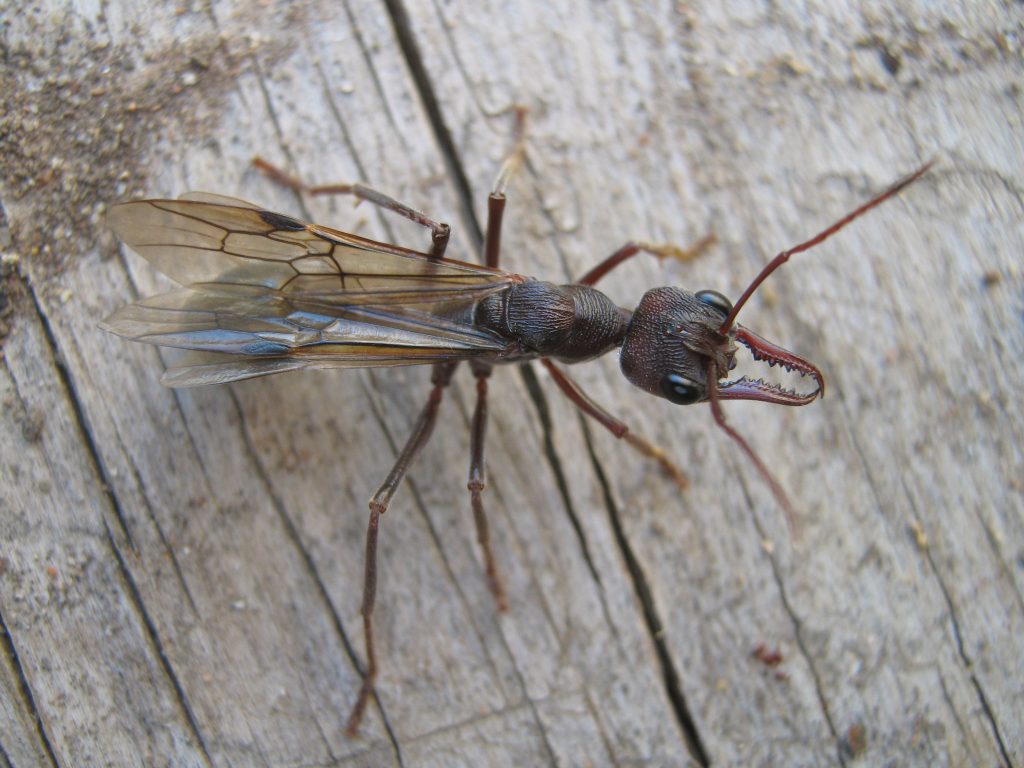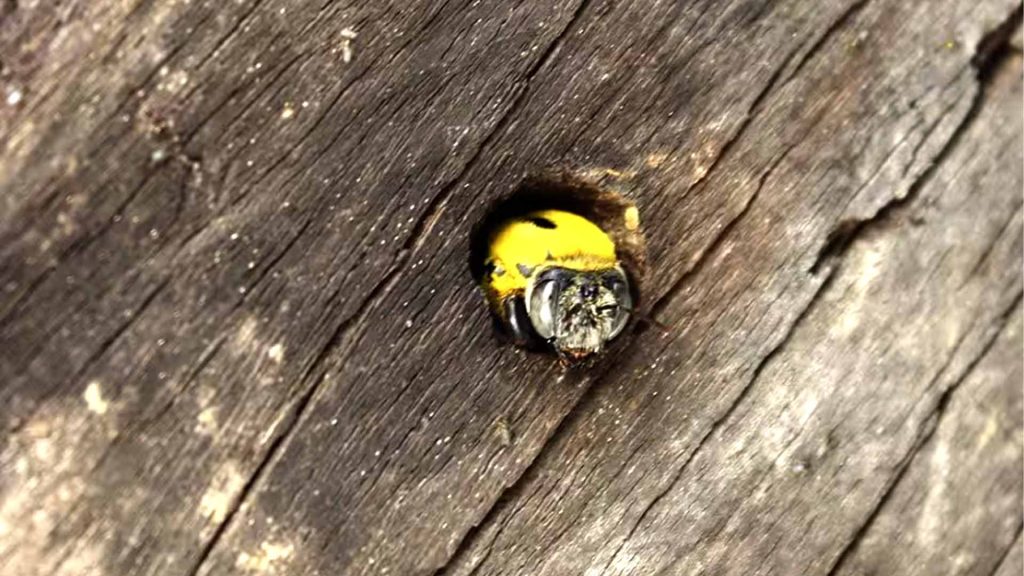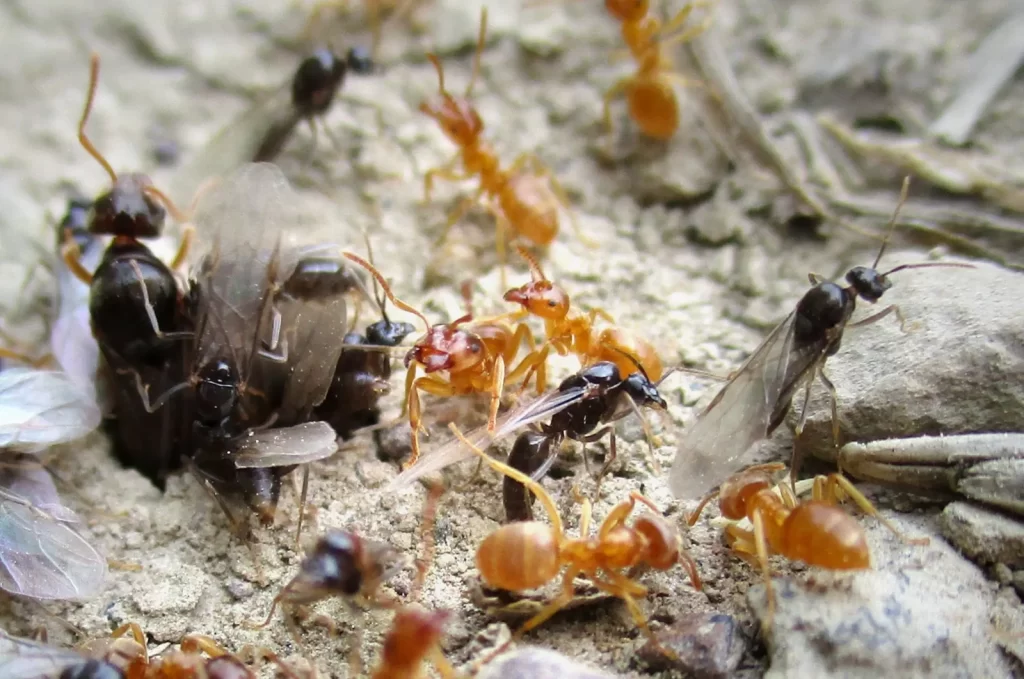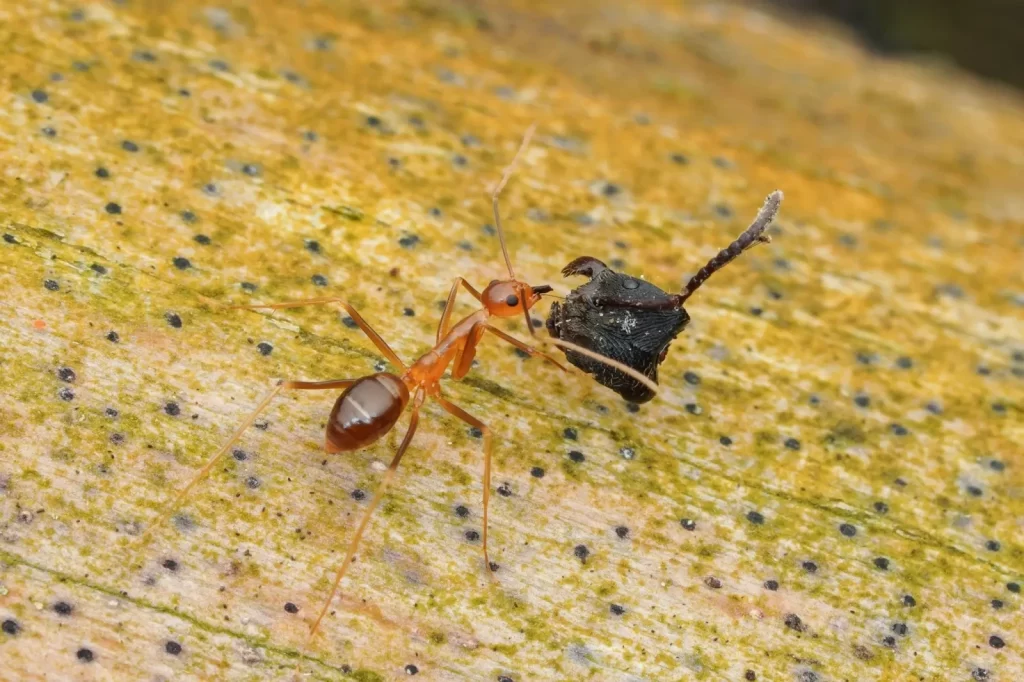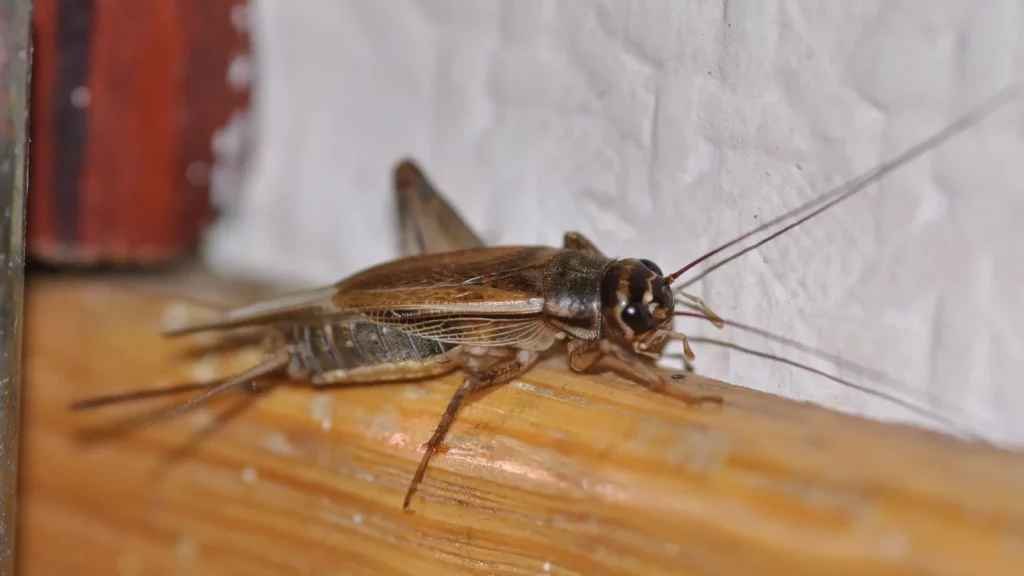Mosquitoes are winged insects belonging to the Culicidae family. Known for their bites and their role in transmitting diseases, mosquitoes are both a nuisance and a significant public health concern. Despite their negative reputation, mosquitoes also play roles in ecosystems, such as serving as pollinators and being a food source for other animals. However, their impact on human health makes understanding their types and behaviors essential. Exploring how many types of mosquitoes are there and which ones are most problematic can help in managing their populations.
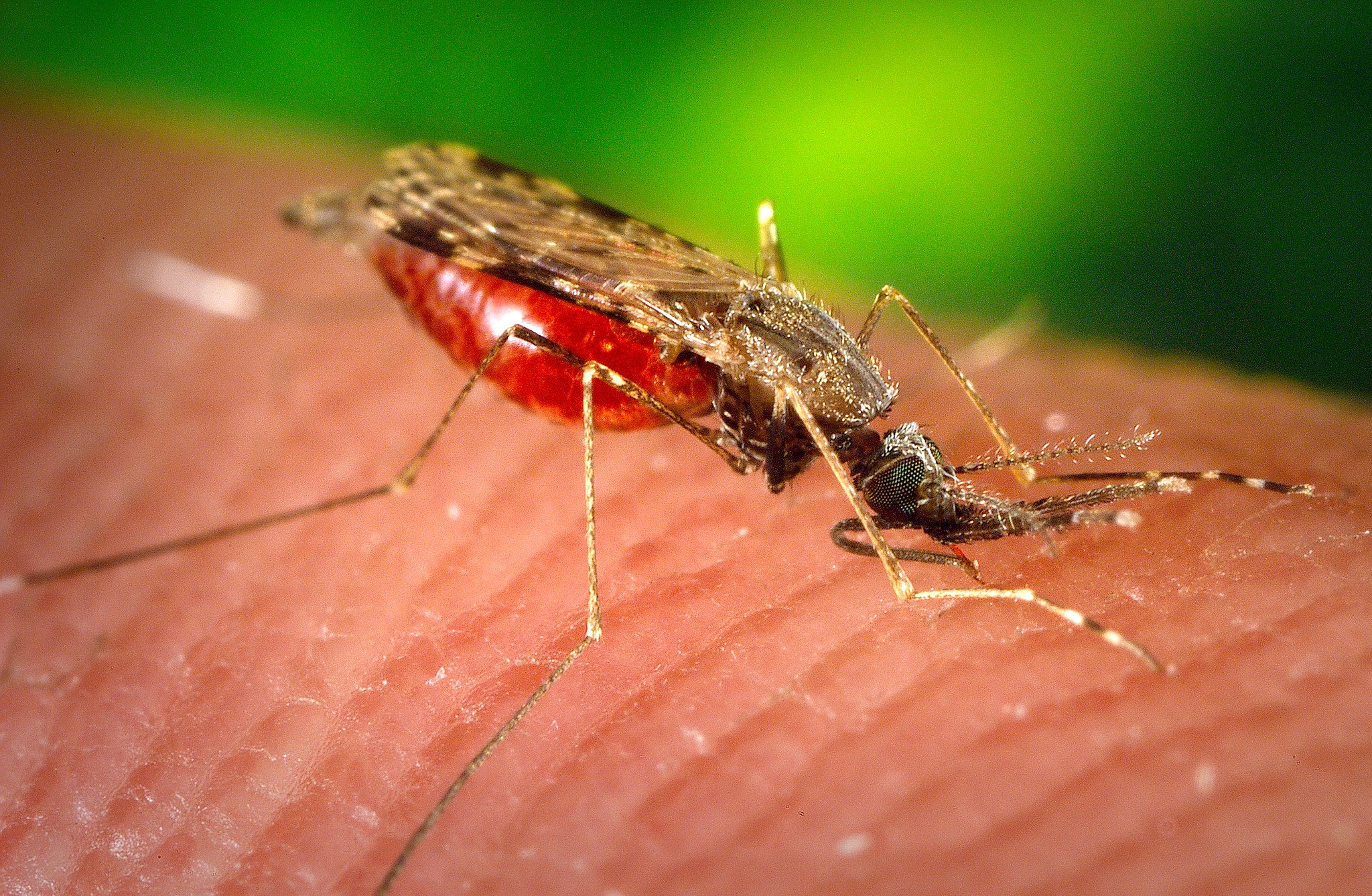
 Though mosquitoes are attracted to certain blood types, it is possible to reduce their presence around your home using natural methods. For example, eliminating standing water where mosquitoes breed is crucial in controlling their population. Planting natural repellents such as citronella, lavender, and marigolds can also help keep mosquitoes away. Additionally, essential oils like eucalyptus and tea tree oil are effective in repelling mosquitoes when applied to the skin or used in outdoor areas.
Though mosquitoes are attracted to certain blood types, it is possible to reduce their presence around your home using natural methods. For example, eliminating standing water where mosquitoes breed is crucial in controlling their population. Planting natural repellents such as citronella, lavender, and marigolds can also help keep mosquitoes away. Additionally, essential oils like eucalyptus and tea tree oil are effective in repelling mosquitoes when applied to the skin or used in outdoor areas.

Common Types of Mosquitoes
There are over 3,000 species of mosquitoes across the globe, but only a few are responsible for biting humans and transmitting diseases. The most common mosquito types that pose risks to humans include the Anopheles, Aedes, and Culex species. The Anopheles mosquito is notorious for being the primary vector for malaria, one of the most deadly mosquito-borne diseases worldwide. These mosquitoes prefer to bite during twilight hours, making them most active at dawn and dusk. In addition to malaria, Anopheles mosquitoes can also transmit other diseases like filariasis and encephalitis. They are commonly found in areas with stagnant water, such as ponds and marshes, where they breed. Another type of mosquito that is a major public health concern is the Aedes mosquito. Species like Aedes aegypti and Aedes albopictus are responsible for spreading viruses such as dengue fever, Zika virus, and chikungunya. Aedes mosquitoes are especially troublesome because they are active during the day, increasing the likelihood of contact with humans. These mosquitoes are often found in urban settings, particularly in places with poor drainage or water storage, where they can breed in even the smallest amounts of standing water. The Culex mosquito is also a common species that poses health risks to humans, primarily by transmitting the West Nile virus and filariasis. Unlike Aedes mosquitoes, Culex mosquitoes are active at night and prefer to bite during the early evening or late at night. They thrive in a variety of environments, including both urban and rural areas, and are often found near water sources where they can lay eggs.What Blood Types Do Mosquitoes Prefer?
It’s well-known that mosquitoes prefer certain blood types over others. Studies suggest that type O blood is particularly attractive to mosquitoes. Individuals with type O blood are more likely to be bitten compared to those with other blood types. This is due to the chemical compounds secreted by people with type O blood, which are more appealing to mosquitoes. People with type A blood are less likely to attract mosquitoes, while those with type B fall somewhere in between. The reason for these preferences lies in the chemical signals that mosquitoes detect on human skin, which vary based on blood type. However, it’s not just blood type that influences a mosquito’s attraction to humans. Body odor, carbon dioxide output, and skin temperature also play a role in how mosquitoes select their targets. While the question of which blood types do mosquitoes prefer can be answered with scientific research pointing to type O as the most attractive, there are several other variables at play that determine who gets bitten.How to Deter Mosquitoes Naturally
 Though mosquitoes are attracted to certain blood types, it is possible to reduce their presence around your home using natural methods. For example, eliminating standing water where mosquitoes breed is crucial in controlling their population. Planting natural repellents such as citronella, lavender, and marigolds can also help keep mosquitoes away. Additionally, essential oils like eucalyptus and tea tree oil are effective in repelling mosquitoes when applied to the skin or used in outdoor areas.
Though mosquitoes are attracted to certain blood types, it is possible to reduce their presence around your home using natural methods. For example, eliminating standing water where mosquitoes breed is crucial in controlling their population. Planting natural repellents such as citronella, lavender, and marigolds can also help keep mosquitoes away. Additionally, essential oils like eucalyptus and tea tree oil are effective in repelling mosquitoes when applied to the skin or used in outdoor areas.
Myths and Facts About Mosquito Preferences and Types
| Myth | Fact |
| Mosquitoes only bite at night. | Some mosquito species, like Aedes, are active during the day and are aggressive biters. |
| Mosquitoes are attracted to all blood types equally. | Studies show that mosquitoes are more attracted to type O blood compared to other types. |
| All mosquitoes spread diseases. | Not all mosquitoes transmit diseases; only certain species like Anopheles, Aedes, and Culex are vectors for diseases. |
| Mosquitoes are only found in warm climates. | Mosquitoes thrive in a variety of climates, including temperate regions, as long as there are breeding grounds like standing water. |
| Repellents like citronella are ineffective. | Natural repellents like citronella and lavender can be effective in reducing mosquito activity in certain areas. |
